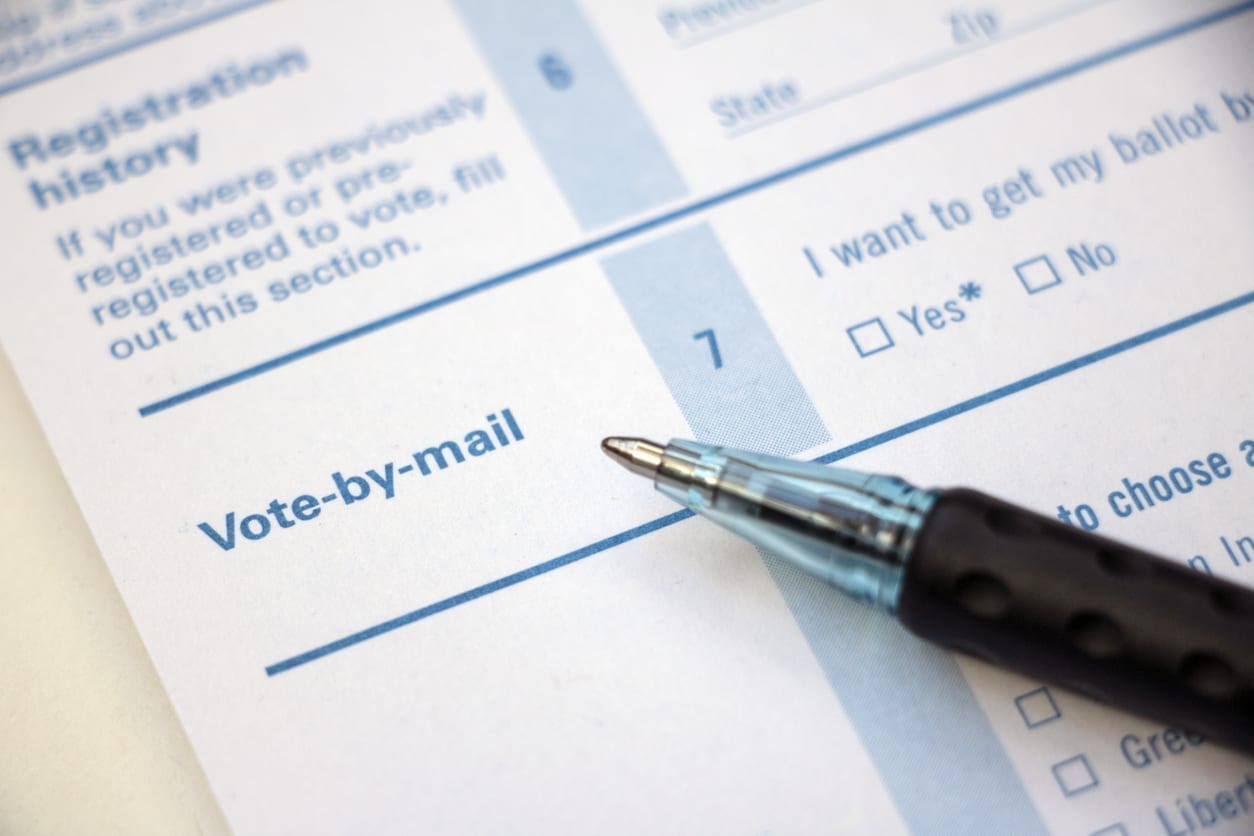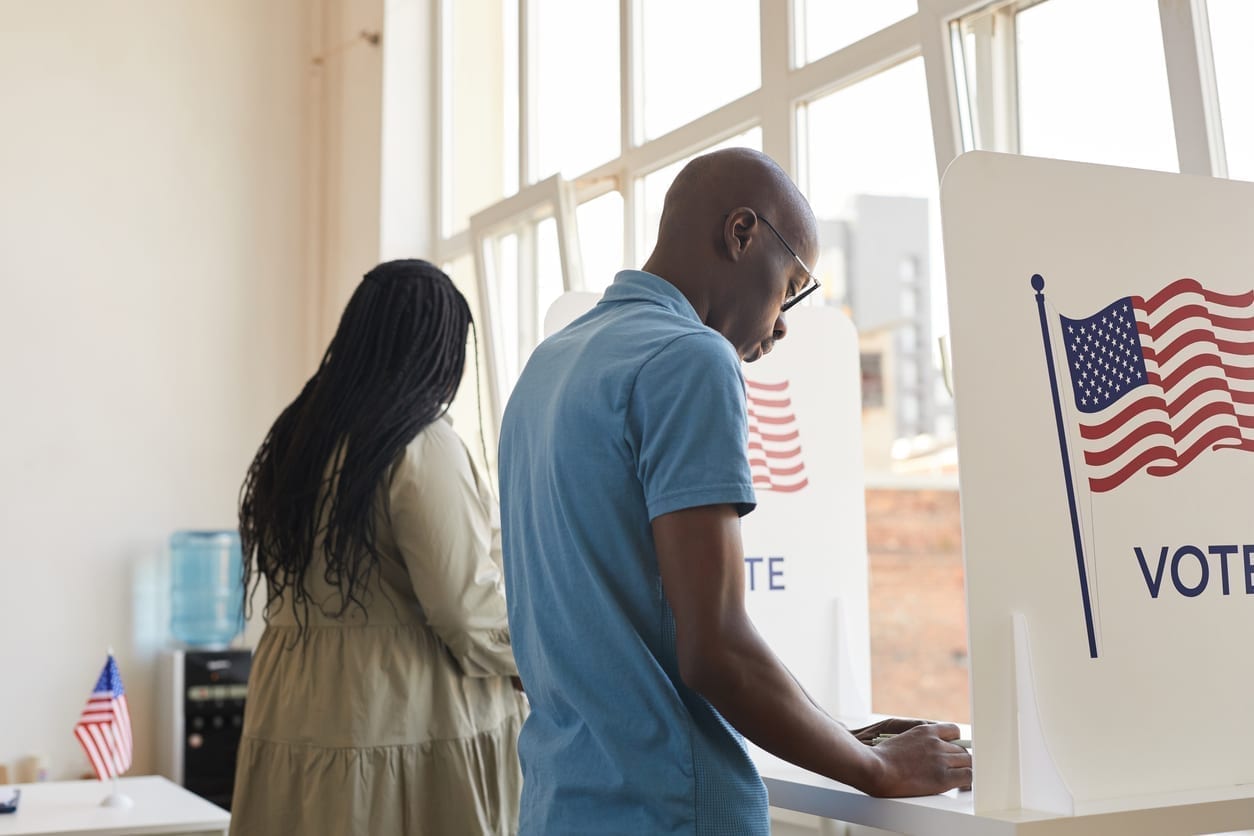A felony conviction costs you your right to vote in all but three places in the United States. Only Maine, Vermont and the District of Columbia let you vote from prison. In all other places, you will lose the right to vote after you get convicted. But in many cases, you can restore your right to vote back after leaving prison.
Do any states automatically restore your voting rights after prison?
Maybe. In Maine, Vermont and Washington, D.C., you never lose your right to vote. In these places, people convicted of felonies can register to vote after they leave prison.
- California
- Colorado
- Hawaii
- Illinois
- Indiana
- Maryland
- Massachusetts
- Michigan
- Montana
- Nevada
- New Jersey
- New Hampshire
- North Dakota
- Ohio
- Oregon
- Pennsylvania
- Rhode Island
- Utah
- Washington
Do you need to finish parole or probation before you can register to vote again?
Some states restore your right to vote only when you complete your entire sentence. This means that you must finish parole or probation. Once you do that, the state automatically restores your voting rights.
- Alaska
- Arkansas
- Connecticut
- Georgia
- Idaho
- Kansas
- Louisiana
- Minnesota
- Missouri
- New Mexico
- New York
- North Carolina
- Oklahoma
- South Carolina
- South Dakota
- Texas
- West Virginia
- Wisconsin

Do you need to take additional steps to get your voting rights back in any state?
Some states make it more complicated to get your voting rights back. For example, in Alabama, how and when you get your voting rights back depends on your charge. In Arizona, the number of felonies affects your right to vote. Some states, like Florida, require you to pay all of your fines and fees relating to the offense and apply for the right to vote again.
These states have more complicated laws that may require you to take extra steps to get your voting rights back. In some places, you won’t be able to get those rights back at all, depending on your charge. You can find more information about individual state laws online.
- Alabama
- Arizona
- Florida
- Delaware
- Kentucky
- Mississippi
- Tennessee
- Wyoming
Does that mean I don’t have voting rights in prison?
States usually do not take away the right to vote for misdemeanor convictions. In fact, most states will allow those in county jails to vote during their sentence. Some also allow people in state prison on misdemeanor charges to vote from behind bars. If you are in jail or prison waiting to stand trial, you may also be eligible to vote. The rules vary in each state. A prior felony conviction, for example may prevent you from voting while you await trial for misdemeanor charges. That’s why it’s important to understand the laws for your state and how they affect your right to vote.
What if I need help registering to vote?
Even though only 11 states do not restore voting rights after release, many felons don’t vote. This is because registering to vote can be confusing and difficult. The ACLU has a guide to help. In the guide, they explain some of the laws around voting. They also help you understand the most confusing questions on registration forms. At the end of the guide, you can find a link to voter registration forms for your state.
Restore the Vote also offers an interactive resource. This resource uses simple questions to help those with a criminal record understand if they have the right to vote. It also provides links to voter registration forms and contact information for those who need more help.
The Takeaway:
Voting after prison poses its own challenges. While most states restore the right to vote, not all of them do. Even after the state restores your voting rights, you have to register. If you need help, local organizations and nonprofits may be able to help. You can also contact your county election office.






